Does 100% Polyester Shrink?
Does 100% Polyester Shrink?
When it comes to clothing, polyester is one of the easiest clothing to maintain. Polyester rarely requires ironing if you spread the moment it is washed. Polyester also shows less sign of color fading when compared to cotton. It also shows greater resistance to molds and insect attacks and it also does not shrink. One good thing about polyester is that it is easily affordable and appears very attractive. However, you need to stick to the care instructions if you want to enjoy using polyester for long. Let's dive to understand does 100% polyester shrink or not?

Does 100% Polyester Shrink?
Yes, 100% polyester shrinks but in some circumstances because it resists shrinkage by nature. Polyester is resistant to shrinkage but if you wash polyester with hot water or if you iron polyester with excessive heat iron, it can cause shrinkage as it is a man-made fabric that is made with polymer. Avoid soaking polyester fabrics for too long and drying in a hot dryer. 140°F water can cause shrinkage so avoid soaking polyester in hot water for too long. Hand wash is best but if you want to use a washing machine use a gentle cycle and give a dry it in open naturally. If you don't want to shrink your 100% polyester fabric, use normal water and gentle detergent and also read the washing instructions given in the next paragraph.
Caring for the Polyester - Washing Instruction
No doubt polyester is a fabric and if you use a fabric you have to wash it on time. Yes, of course, you can wash 100% polyester following some instructions. Start the washing procedure by reading the user manual. Normal water and gentle detergent are good to wash polyester fabric. Imposing wrong washing techniques can damage the fabric because polyester is a synthetic fabric that resists shrinkage and heat can damage polyester. Most people fail to read the instructions on clothing before dumping it into the washing machine. Always ensure to read your polyester garment label for proper care instructions.
- When washing polyester in the dry cleaner, don’t forget to set the machine to the normal cycle. It remains in the best interest to hand wash your polyester with cold or lukewarm water. Also, it is important to avoid the use of harsh detergents when washing your polyester.
- The best way to wash and dry your polyester is inside out. While you can machine dry as normal, hanging the polyester to dry in the open is best.
- The good thing is, the fabric dries out fast very fast. Even at this, you rarely find wrinkles on it after drying.
- Avoid using hot water to wash or excessive heat to iron the fabric. This can cause the material to harden up and begin to shrink. Excessive heat can also cause the colors to fade off gradually.
- One thing you need to know about polyester is that it absorbs oil. It is, therefore, advisable not to wash your polyester with grease or oil-stained clothes. If possible, always wash polyester fabrics alone.
- Avoid soaking polyester fabrics for too long in washing solutions. This will affect the appearance of the fabric and cause it to age faster.
- Polyester may shrink if left in the dryer for too long. Therefore, it is important to remove them from the dryer as soon as possible to prevent them from wrinkling. This will save you the time of trying to iron your polyester fabrics.
- When you hang the polyester in the shower after washing, this will help the wrinkles to straighten out.
- Nevertheless, where wrinkles remain after drying, you can steam press the polyester to get rid of wrinkles. When ironing the polyester it is important to stick to the mildest setting, use a pressing cloth underneath. You may also consider pressing your polyester inside out. This will prevent direct contact with the iron plate and also reduce shine.
- While some iron comes with a polyester setting, others do not. In this case, you can use the nylon setting. This will prevent too much heat from melting the fabric or cause it to harden and shrink.
How to shrink 100% Polyester?
What if you purchased your polyester and figured out it’s a little too big and wish to shrink it? What if you are not a fan of complicated sewing adjustments process like me? There are a few things you can do to shrink your polyester, however, there is no guarantee that it will work as we already have discussed that it is a synthetic fabric that resists shrinkage.
- Soak the polyester in hot water for a while. Avoid keeping it in the water for too long to avoid damaging the fabric. Contact with hot water can shrink the fabric to some degrees. You can do the same in your washing machine by setting the machine to hot.
- Hot drying can also shrink polyester. You can also try to shrink the fabric further by using the heat setting in the dryer.
- In hot Ironing, you can shrink polyester. You can use a temperately hot iron to attempt further shrinking. Don’t forget to always use a pressing cloth.
80% Cotton and 20% Polyester Will Shrink?
This type of combination is known as a cotton blend. 80% Cotton and 20% Polyester, which means the fabric contains more cotton. Polyester may resist shrinkage but cotton that is 80% in the blend has flexibility to shrink up to 5%. Adding heat and moisture can cause shrinkage to this type of blend. Blends are made to increase properties but they also get some bad things from blending. This is also to reduce the cost of fabric and get desired fabric.
How fabric construction affect polyester shrinkage?
Fabric construction plays a significant role in how polyester (or any fabric) may shrink. The way fibers are woven, knitted, or otherwise constructed into a fabric can affect its overall stability and susceptibility to shrinkage. Here are some ways in which fabric construction can impact polyester shrinkage:
- Weave or Knit Structure: The way the polyester fibers are interlaced or looped in the fabric can influence shrinkage. Tighter weaves or knits tend to have less room for fibers to move, which can reduce the potential for shrinkage. Looser constructions may allow for more movement and thus more shrinkage when exposed to heat or moisture.
- Fabric Density: The density of the fabric, which is related to the thread count or stitch count, can impact shrinkage. Fabrics with higher thread/stitch counts are generally more tightly packed, making it harder for the fibers to contract and cause significant shrinkage.
- Blend with Other Fibers: Polyester is often blended with other fibers like cotton, wool, or rayon. The behavior of the fabric in terms of shrinkage can be influenced by the properties of the blend. For example, a fabric with a high percentage of polyester may have lower shrinkage compared to a fabric with a higher percentage of natural fibers.
- Fabric Finish: The finish applied to the fabric can also influence shrinkage. Some finishes or treatments can provide a protective barrier that minimizes moisture absorption and reduces the likelihood of shrinkage. It's common for polyester fabrics to be treated with finishes that enhance their stability.
- Pre-shrinking: In the textile industry, some fabrics, including polyester, undergo pre-shrinking processes before they are made into garments or other products. This involves treating the fabric to minimize shrinkage potential. Fabrics that have been pre-shrunk are less likely to shrink when you wash them.
- Yarn Type: The type of polyester yarn used in the fabric can impact shrinkage. Continuous filament polyester is less prone to shrinkage compared to staple fiber polyester. Fabrics made from continuous filament yarns tend to have lower shrinkage.
- Treatment during Manufacturing: The specific processes used during manufacturing, such as heat-setting or chemical treatments, can influence how the fabric responds to heat and moisture. These treatments are often designed to reduce shrinkage.
Polyester shrinkage in different applications (e.g. clothing, bedding, upholster)
Polyester is a synthetic fiber commonly used in various applications, including clothing, bedding, and upholstery. The degree of shrinkage in polyester can vary depending on factors such as the type of polyester, the manufacturing process, and the specific conditions to which it is exposed. Here's a brief overview of polyester shrinkage in different applications:
Clothing:
- Polyester clothing is generally known for its resistance to shrinking compared to natural fibers like cotton. It has low moisture absorbency, which means it is less likely to shrink when exposed to water or moisture.
- However, high heat can cause some polyester fabrics to shrink. High temperatures can cause the fibers to relax and contract, leading to minor shrinkage. Washing and drying polyester clothing at high temperatures is more likely to result in shrinkage.
- To minimize the risk of shrinkage, it's recommended to follow the care instructions on the garment's label, which often recommend washing in cold water and drying on a low heat setting.
Bedding:
- Polyester is commonly used in bedding materials such as comforters, blankets, and bed linens. The shrinkage of polyester bedding items is typically less of a concern because they are not exposed to the same stresses as clothing.
- Washing and drying polyester bedding at high temperatures can still lead to some shrinkage, but it is often less noticeable than with clothing.
- To maintain the size and quality of polyester bedding, it's advisable to follow the care instructions provided by the manufacturer.
Upholstery:
- Polyester is a popular choice for upholstery fabric because of its durability and resistance to staining and fading. Shrinkage is generally not a significant concern in upholstery applications.
- Upholstery fabrics are typically designed to withstand normal wear and cleaning, and they are less likely to shrink unless exposed to extreme conditions, such as high heat or improper cleaning methods.
- Regular maintenance and cleaning of polyester upholstery should follow the manufacturer's recommendations to ensure longevity and prevent potential issues.
It's important to note that not all polyester fabrics are the same, and some may have different shrinkage properties based on their composition and manufacturing processes. If you have specific concerns about shrinkage in a polyester product, always refer to the care label or manufacturer's instructions for proper care and maintenance. Following these guidelines will help minimize the risk of shrinkage and extend the lifespan of your polyester items in various applications.
100% Polyester Shrinkage vs Other Fabric Shrinkage
Polyester shrinkage varies depending on the specific type of polyester and its blend with other materials. The extent of shrinkage can also depend on factors like the fabric's construction and the care it receives during laundering. Generally, polyester has a relatively low shrinkage percentage compared to some natural fibers. Here's a general comparison of polyester shrinkage with other common fabric types:
- 100% Polyester: 100% Polyester fabrics typically have a low shrinkage percentage, often less than 2% when cared for properly. 100% Polyester's synthetic nature makes it more resistant to shrinking when exposed to moisture, compared to natural fibers like cotton.
- Cotton: Cotton is a natural fiber known for its high shrinkage potential. Cotton fabrics can shrink significantly, with a range of 5% to 10% or even more in some cases, especially when exposed to hot water and high heat during drying. Pre-shrinking (sanforization) processes are used in the textile industry to reduce cotton shrinkage before it reaches the consumer.
- Wool: Wool is another natural fiber that can shrink considerably when not cared for properly. It can shrink in the range of 10% to 30% or more if exposed to hot water or aggressive agitation. Wool garments often require delicate handling and dry cleaning to prevent excessive shrinkage.
- Linen: Linen, made from flax fibers, has a moderate shrinkage potential. It can shrink by approximately 3% to 5% when laundered. Linen fabrics tend to soften and become more comfortable with repeated washing.
- Silk: Silk is a delicate natural fiber with low to moderate shrinkage, typically around 2% to 4% when washed and handled properly. Dry cleaning is often recommended for silk garments to prevent potential damage and shrinkage.
- Rayon: Rayon is a semi-synthetic fiber that can have a variable shrinkage percentage, typically around 4% to 8%. The degree of shrinkage depends on the specific type of rayon and its treatment.
It's important to note that these are general estimates, and the actual shrinkage can vary based on the fabric's quality, weave, and the care it receives. In many cases, using cold water and low heat settings in both washing and drying can help reduce shrinkage for most fabric types.
Alternative fabrics to polyester with lower shrinkage rates
Polyester is known for its resistance to shrinking, but if you're looking for alternative fabrics with even lower shrinkage rates, you have several options. Shrinkage can be influenced by factors such as fiber type, weave or knit, and garment care. Here are some fabric alternatives that are less prone to shrinking:
- Cotton/Pima Cotton: While cotton can shrink, Pima cotton and other high-quality cotton blends are less prone to shrinking compared to standard cotton. Make sure to follow proper care instructions to minimize shrinkage.
- Linen: Linen is a natural fiber that tends to shrink less than cotton. However, it may wrinkle easily and have a slightly different texture and appearance.
- Tencel/Lyocell: Tencel or Lyocell is a sustainable, cellulose-based fiber made from wood pulp. It is known for its minimal shrinkage and excellent moisture-wicking properties.
- Modal: Modal is another cellulose-based fiber derived from beech trees. It has low shrinkage and offers softness and drape similar to rayon, but with better shrink resistance.
- Bamboo: Bamboo fabric is Eco-friendly and has low shrinkage. It is soft and moisture-wicking, making it a good choice for undergarments and active-wear.
- Wool: Wool, particularly Merino wool, is naturally resistant to shrinking. It's a good choice for colder climates and can be comfortable year-round.
- Silk: Silk has minimal shrinkage, but it is a delicate fabric that may require special care.
- Nylon/Spandex: These synthetic fibers have low shrinkage rates and are commonly used in sportswear and active-wear.
- Microfiber Fabrics: Microfiber fabrics, like microsuede and microfleece, are known for their low shrinkage and moisture-wicking properties.
- Blends: Some fabric blends, such as polyester cotton blends or wool-synthetic blends, can offer a compromise between the properties of different fibers. Depending on the blend ratio, shrinkage rates may vary.
Some of the Problems Associated with 100% Polyester
- There are quite a number of problems associated with 100% polyester and polyester fabric blends. It is more difficult to press the 100% polyester fabric than other fabrics. After a while, you figure out that the edges begin to curl.
- 100% Polyester is also difficult to sew. The needle plate finds it difficult to drag the thread through the thin fabric. The needle only succeeds in snagging thread across the surface of the fabric.
- 100% Polyester fabrics are not breathable and therefore, make it difficult to wear in hot climates. It also retains oil and stains which are difficult to wash off.
Conclusion: Swimming up the science of 100% polyester shrinkage
In conclusion, the question of whether 100% polyester shrinks has been explored in this blog, shedding light on various factors that can influence polyester shrinkage. Polyester, by nature, is resistant to shrinking, but it can shrink when exposed to hot water, excessive heat during ironing, or prolonged exposure to high temperatures in a dryer. Care instructions are crucial when handling polyester to prevent unwanted shrinkage. The blog also highlighted the importance of reading and following care instructions on polyester garments to maintain their quality and lifespan. The use of normal water, gentle detergents, and proper drying methods can help minimize the risk of shrinkage.
Furthermore, the blog Does 100% Polyester Shrink - provided insights into how fabric construction plays a significant role in polyester shrinkage. Factors such as weave or knit structure, fabric density, blend with other fibers, fabric finish, pre-shrinking processes, yarn type, and manufacturing treatments can all influence the extent of shrinkage in polyester.
The discussion extended to how polyester behaves in different applications, including clothing, bedding, and upholstery, with an emphasis on the importance of adhering to manufacturer-recommended care instructions for each type of product. A comparison was drawn between polyester shrinkage and other common fabric types, highlighting that while polyester generally has lower shrinkage rates, various factors can affect the extent of shrinkage in different fabrics.
In summary, understanding the factors that influence polyester shrinkage and following proper care instructions are essential for maintaining the quality and longevity of polyester garments and products.


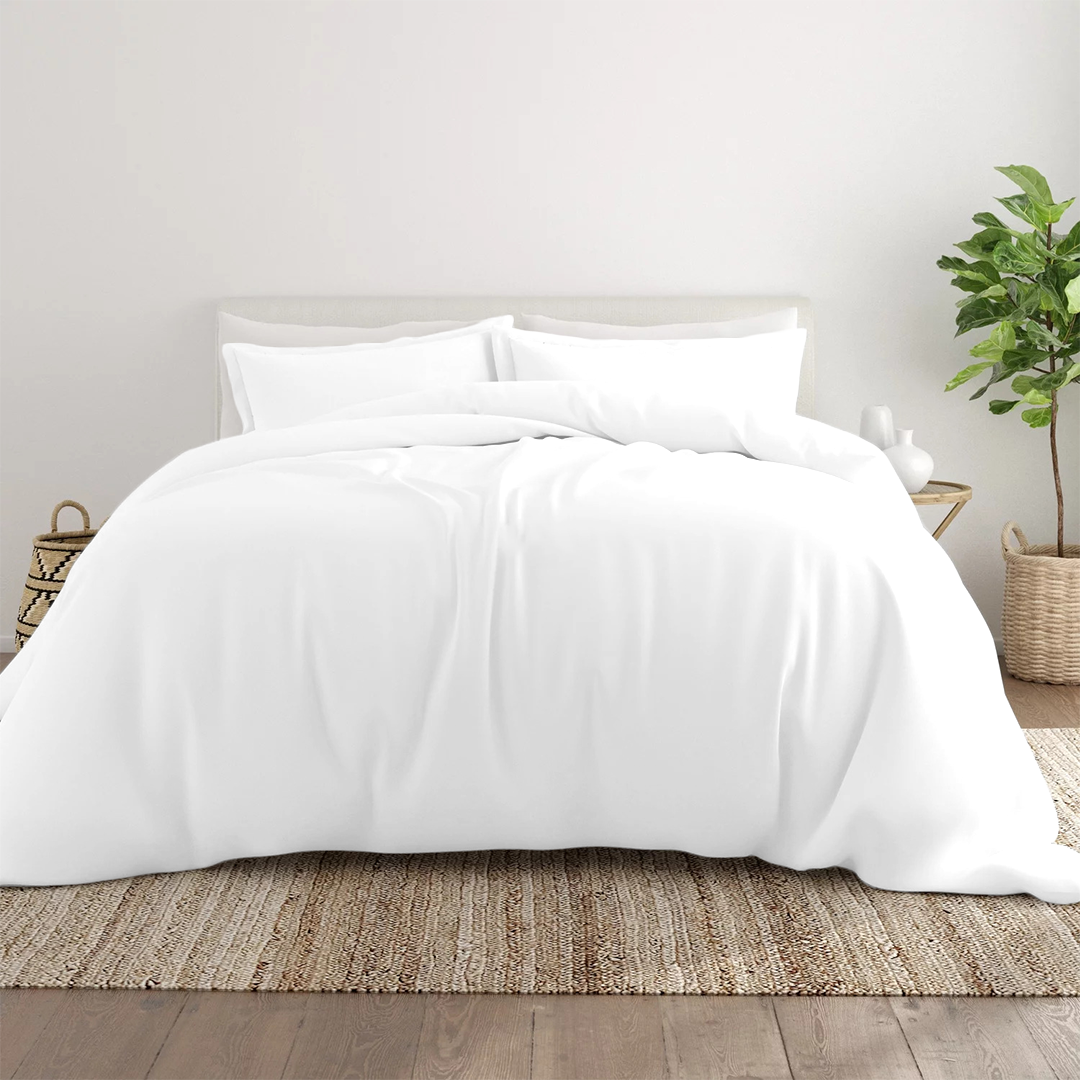



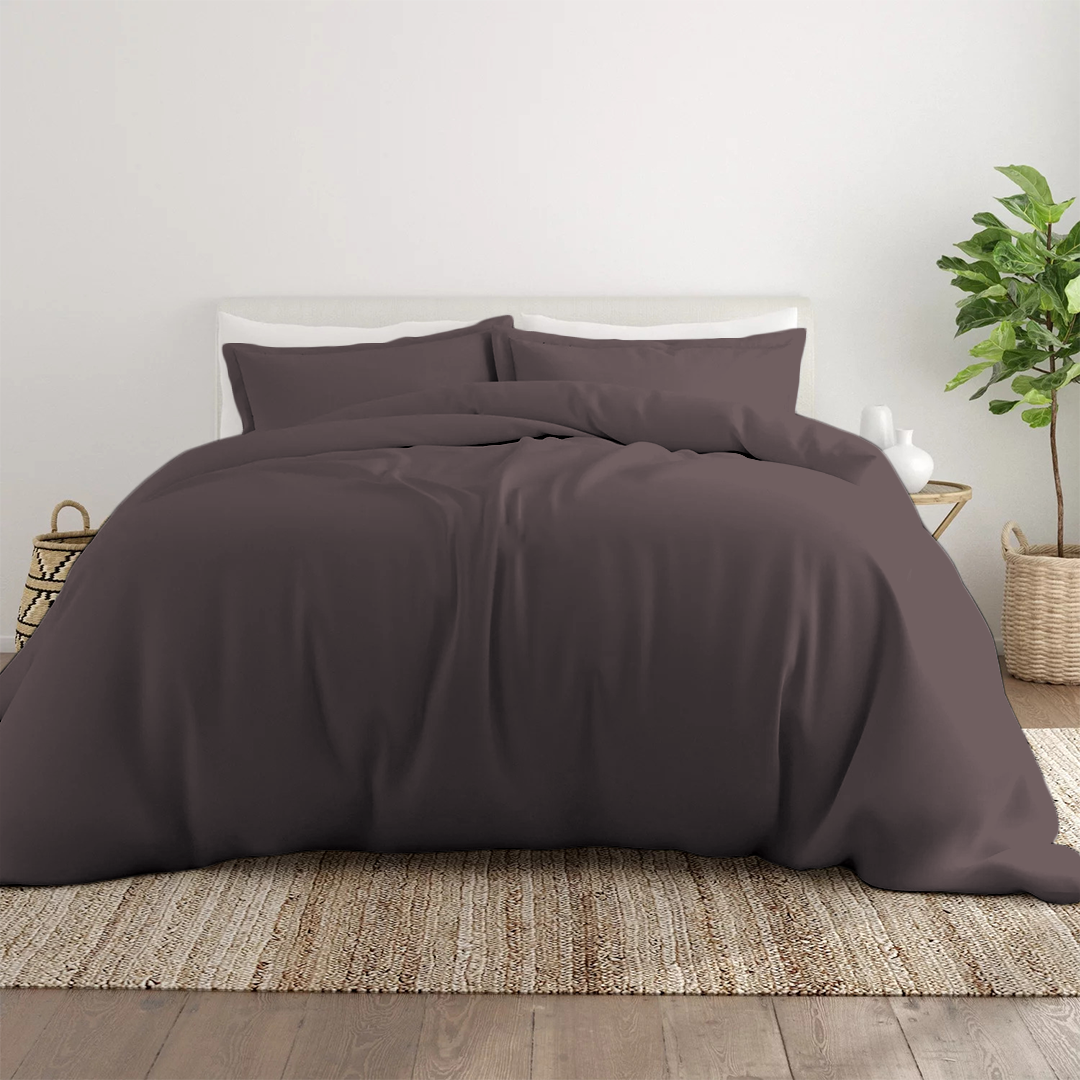

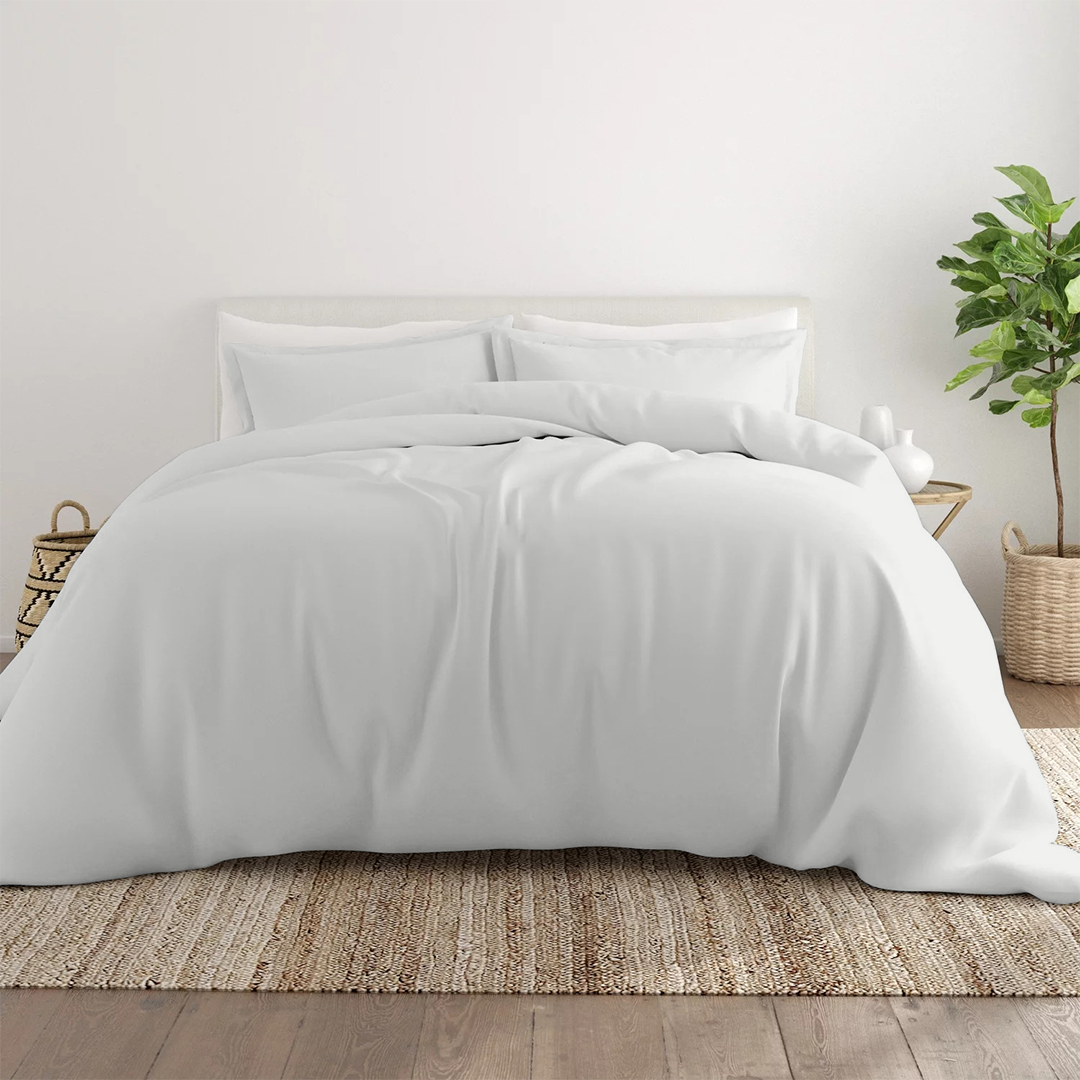

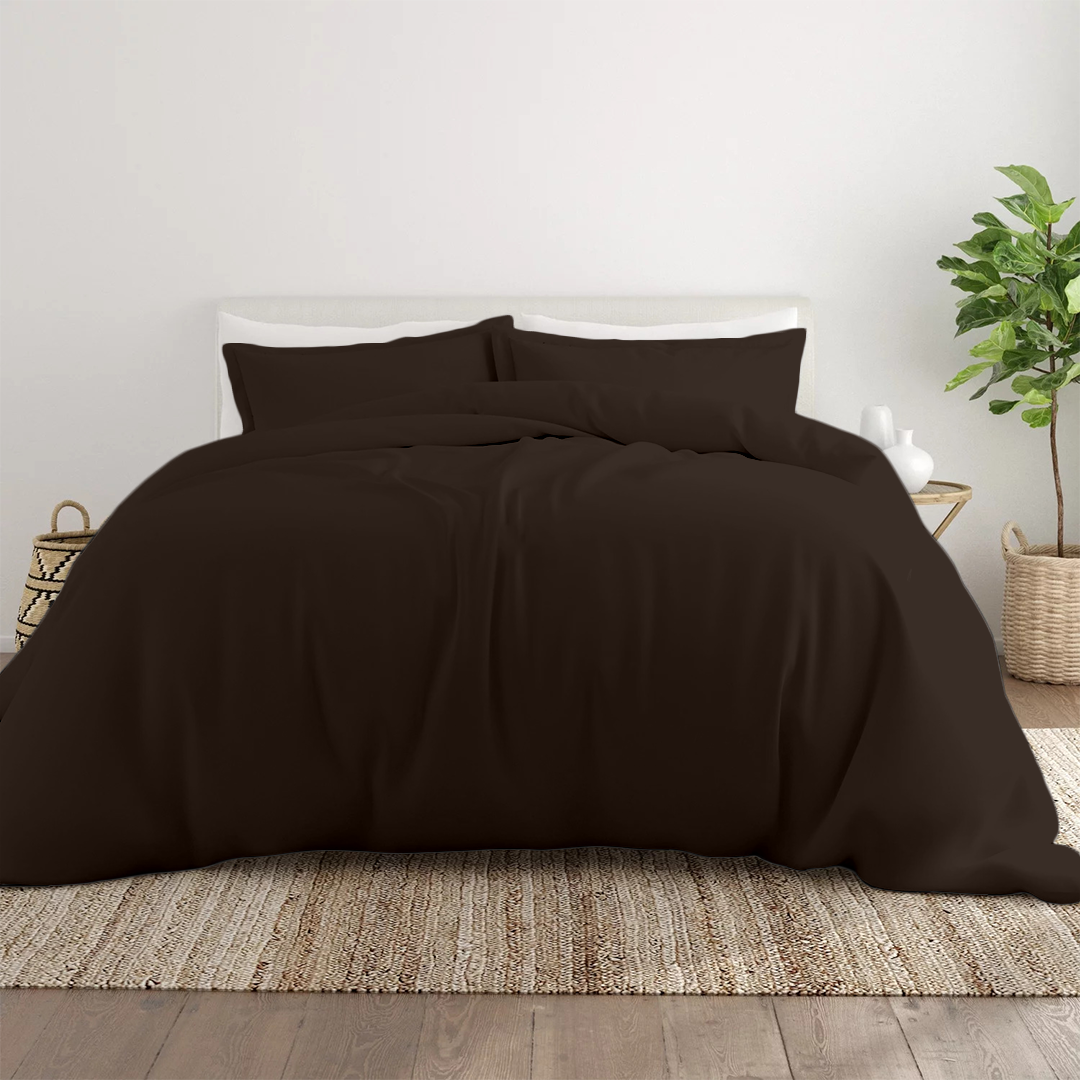

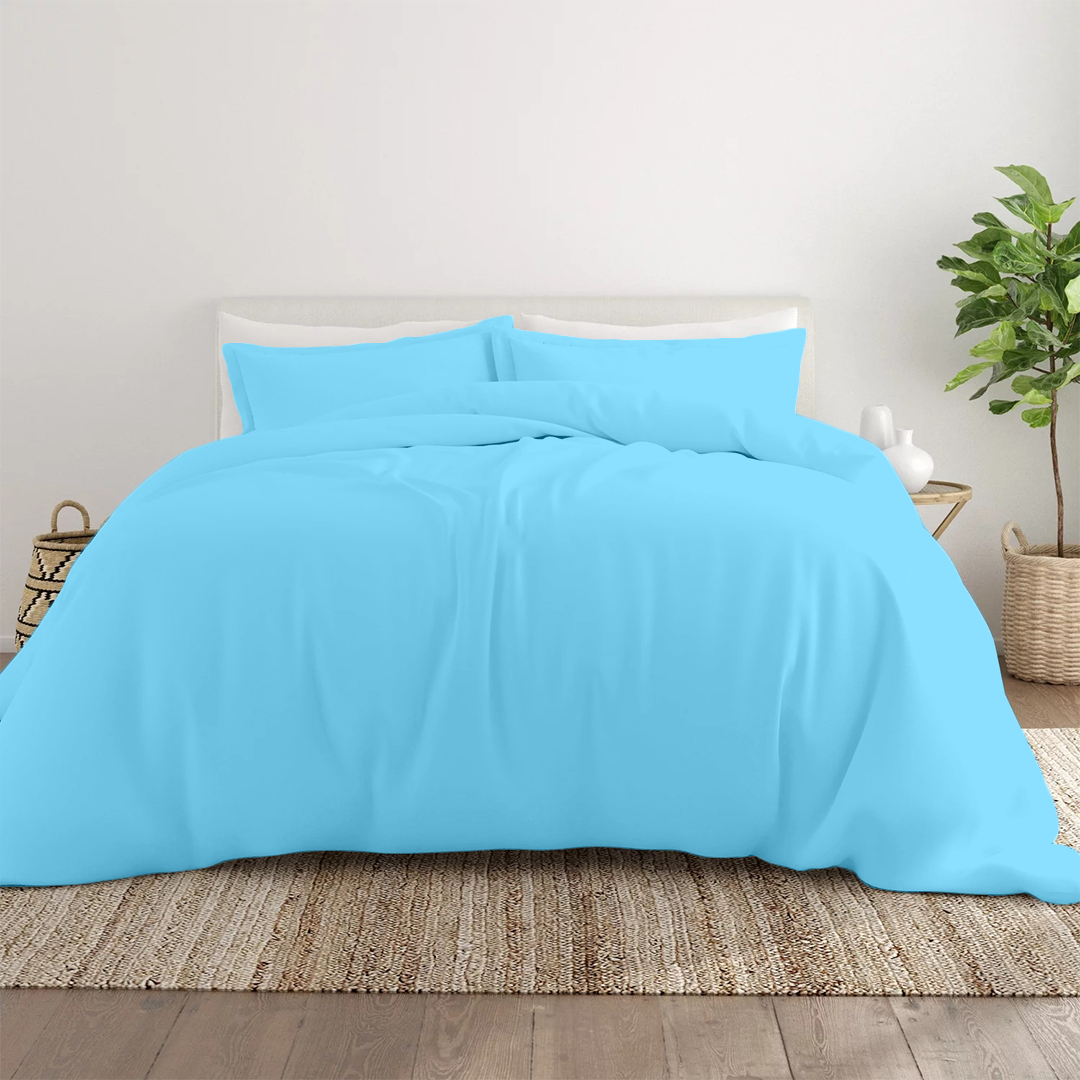

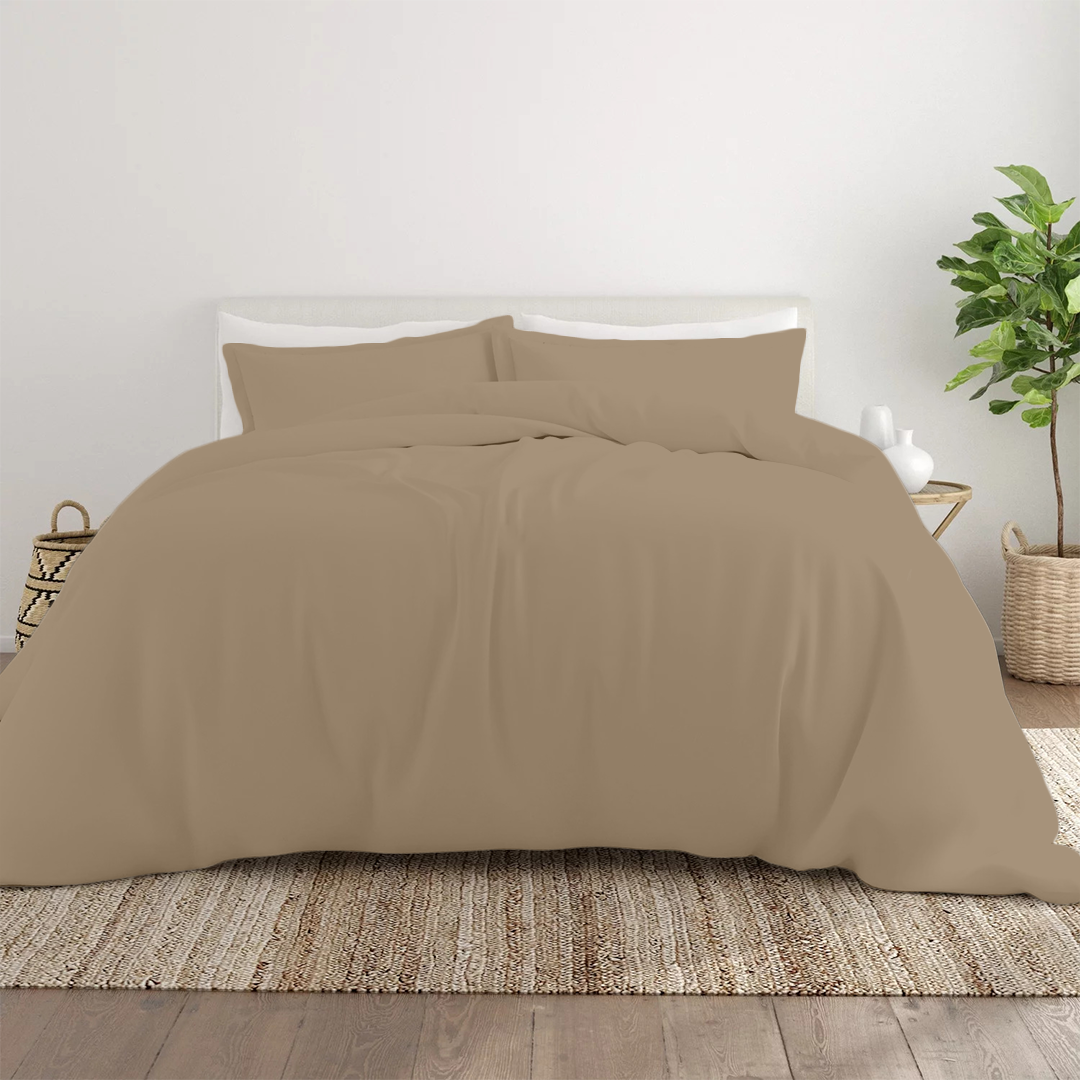

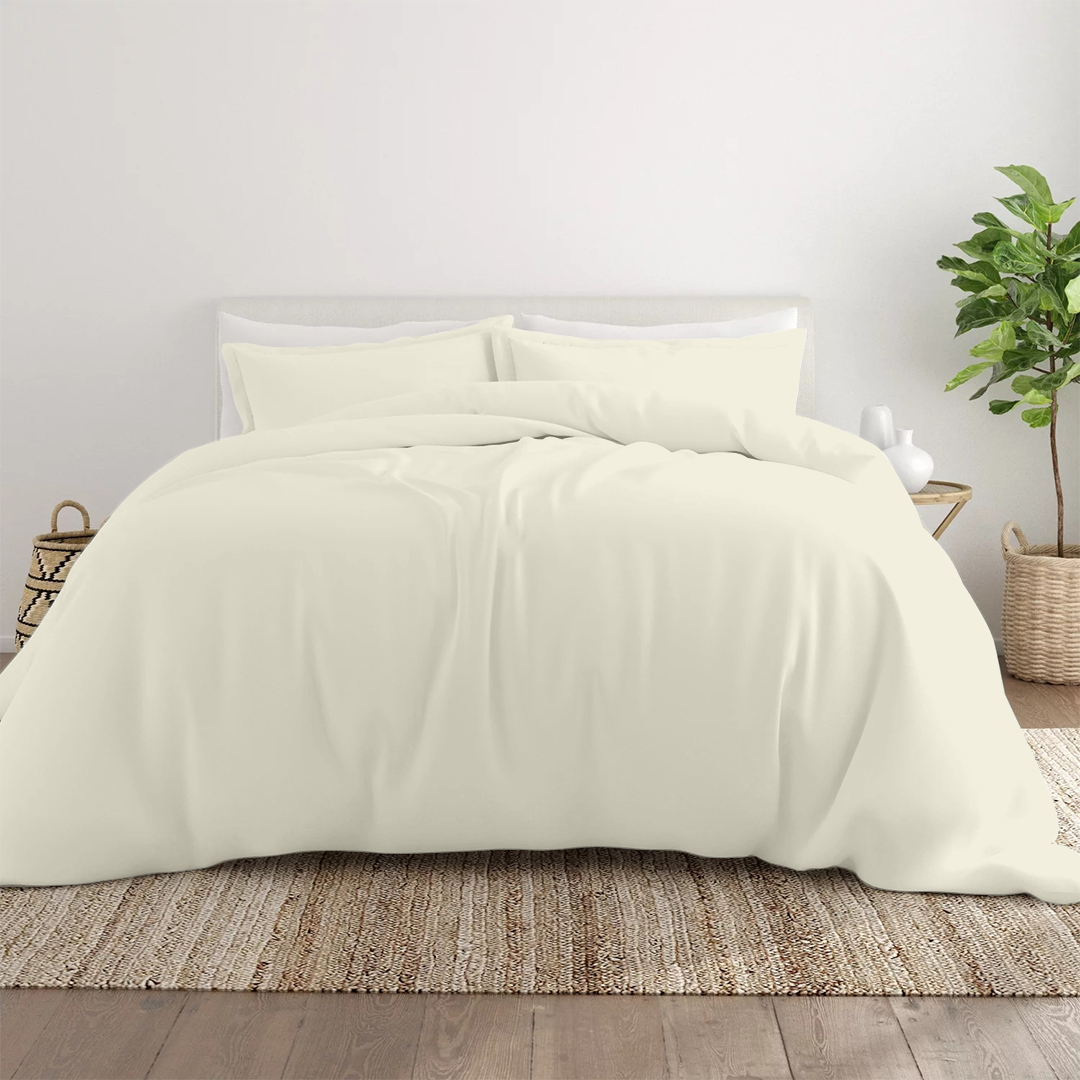

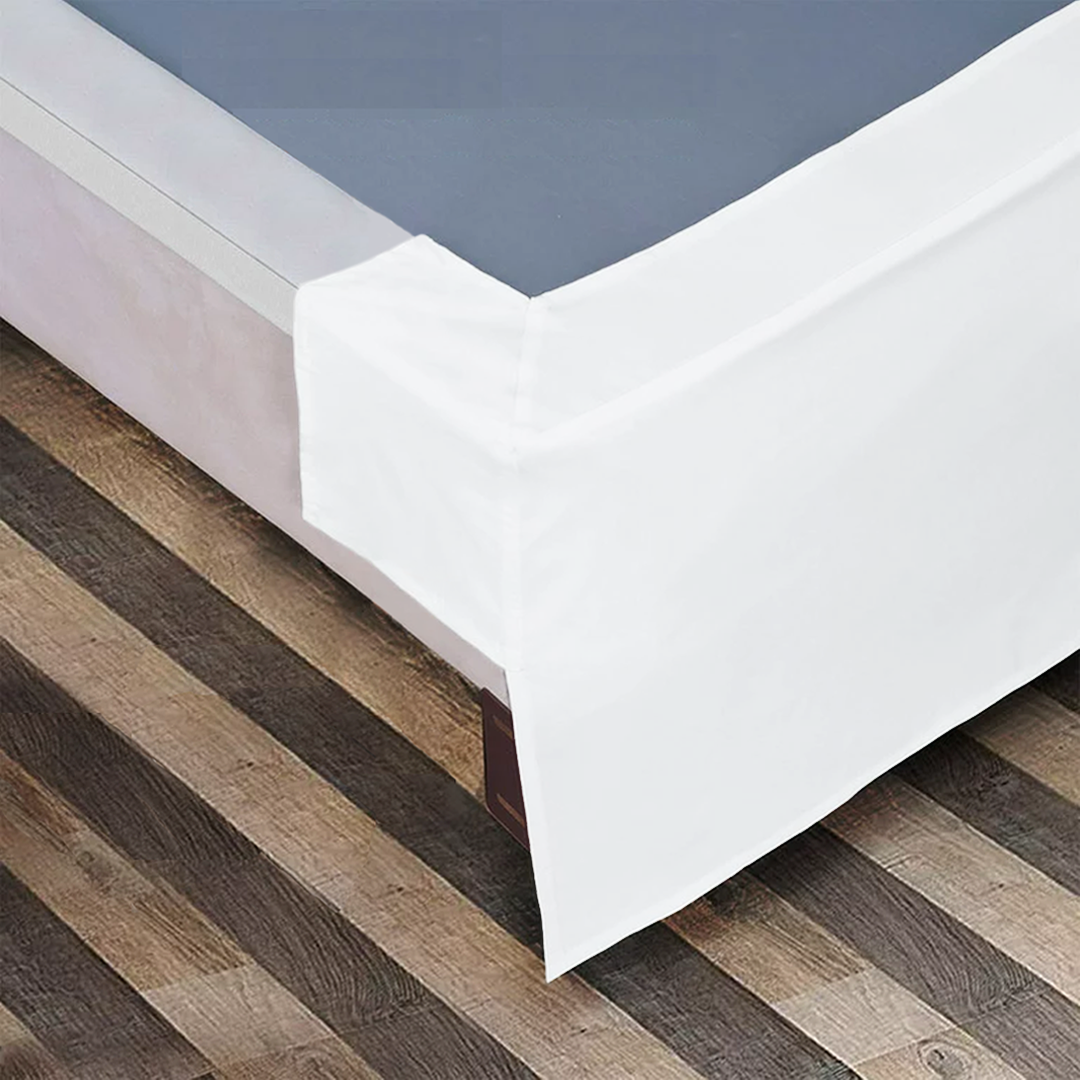



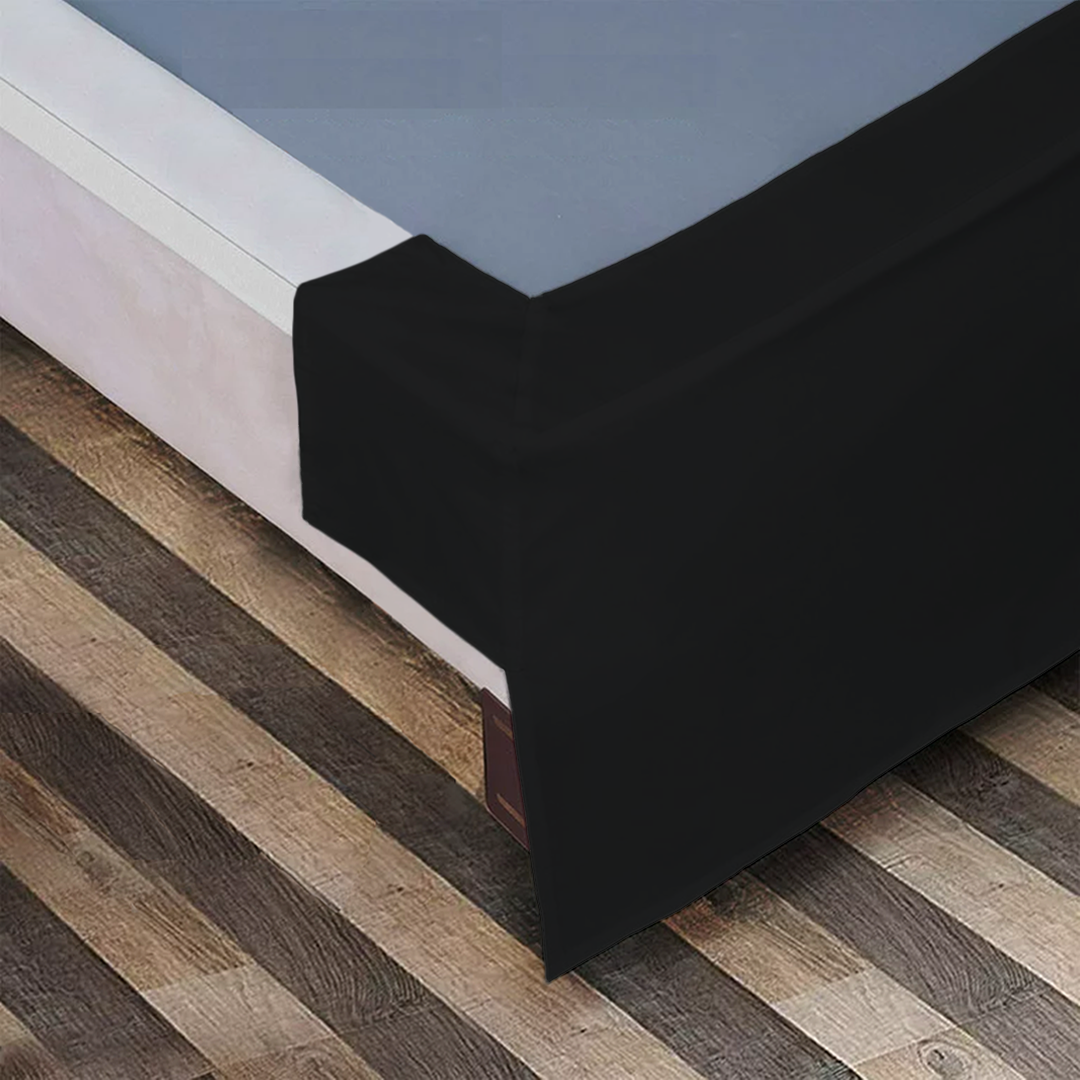



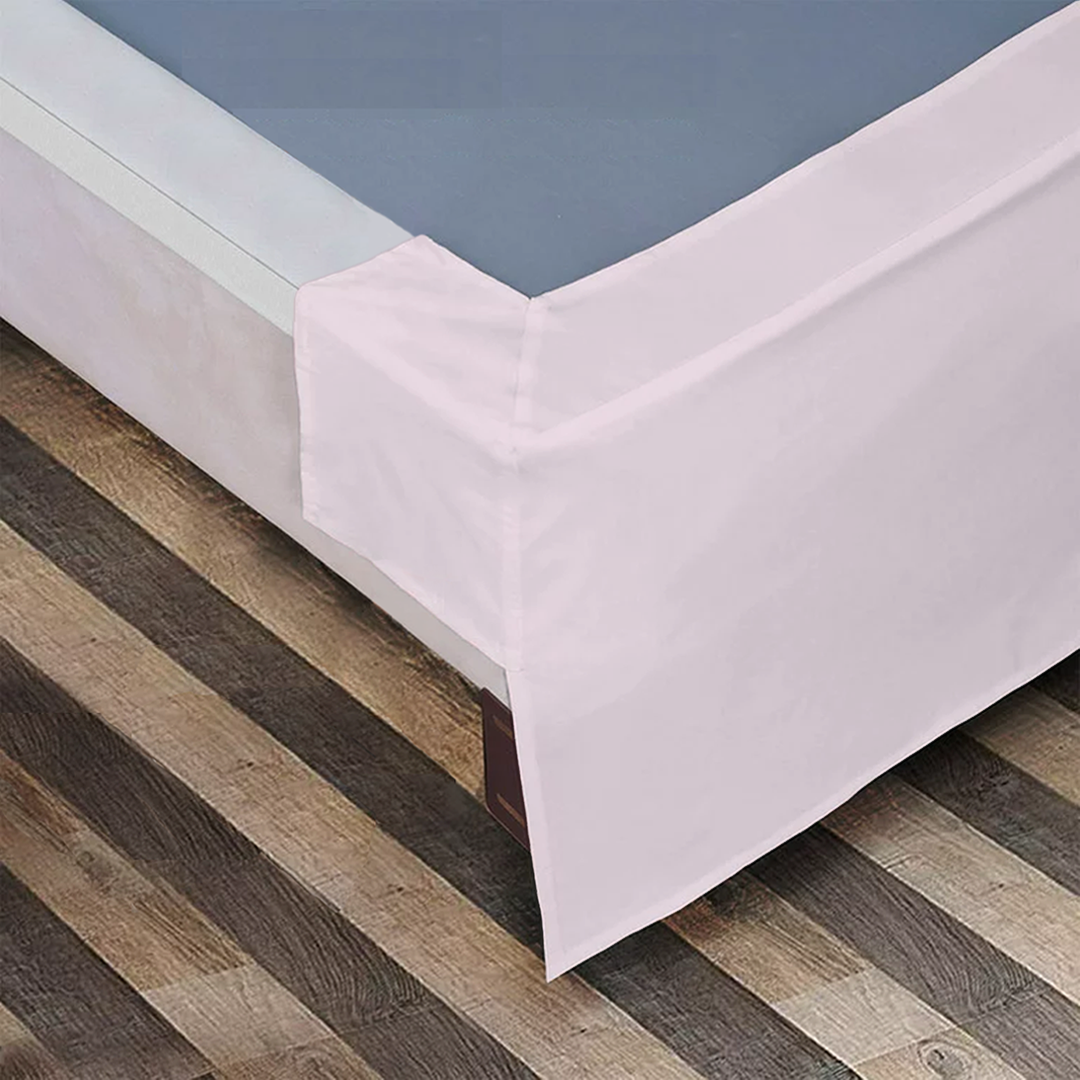
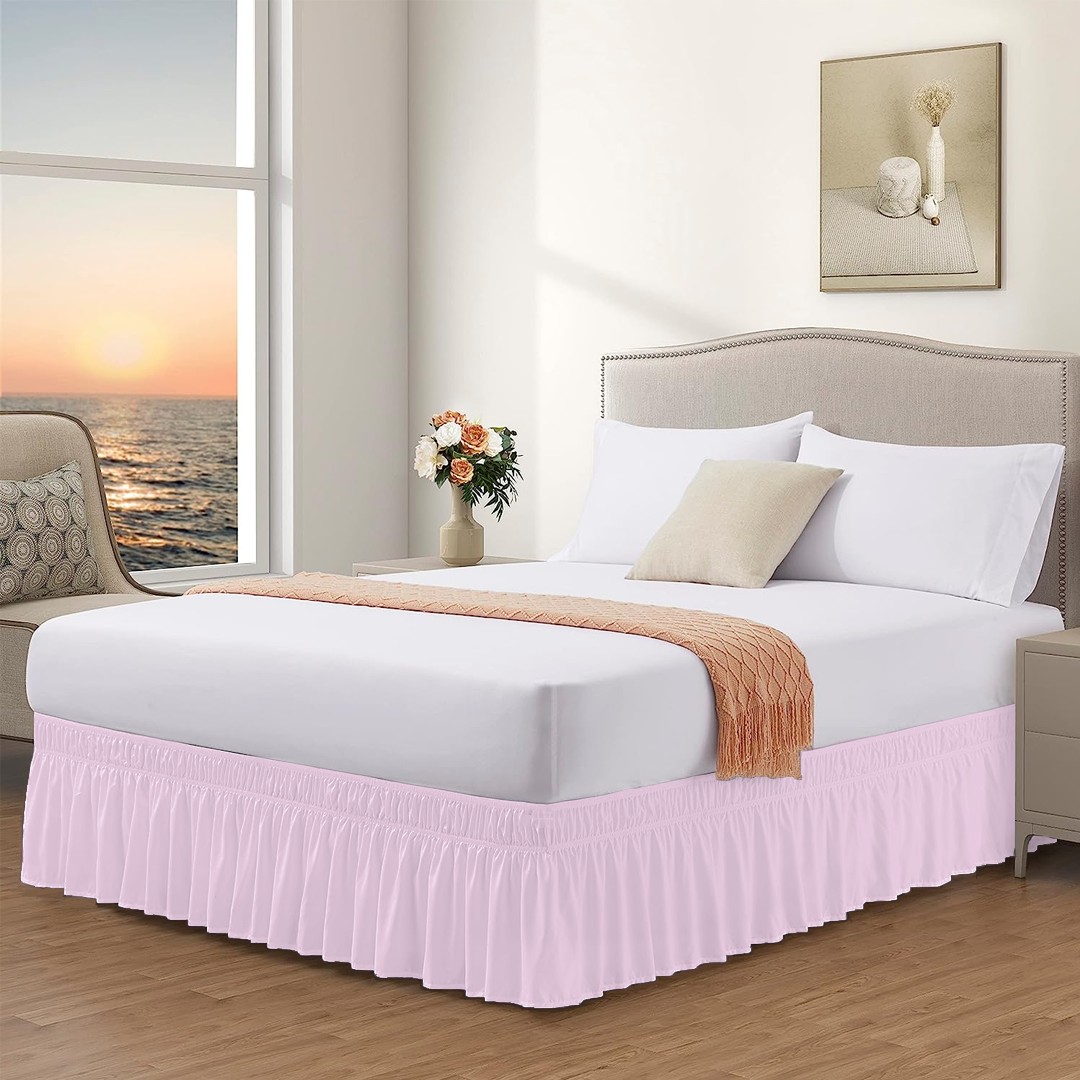


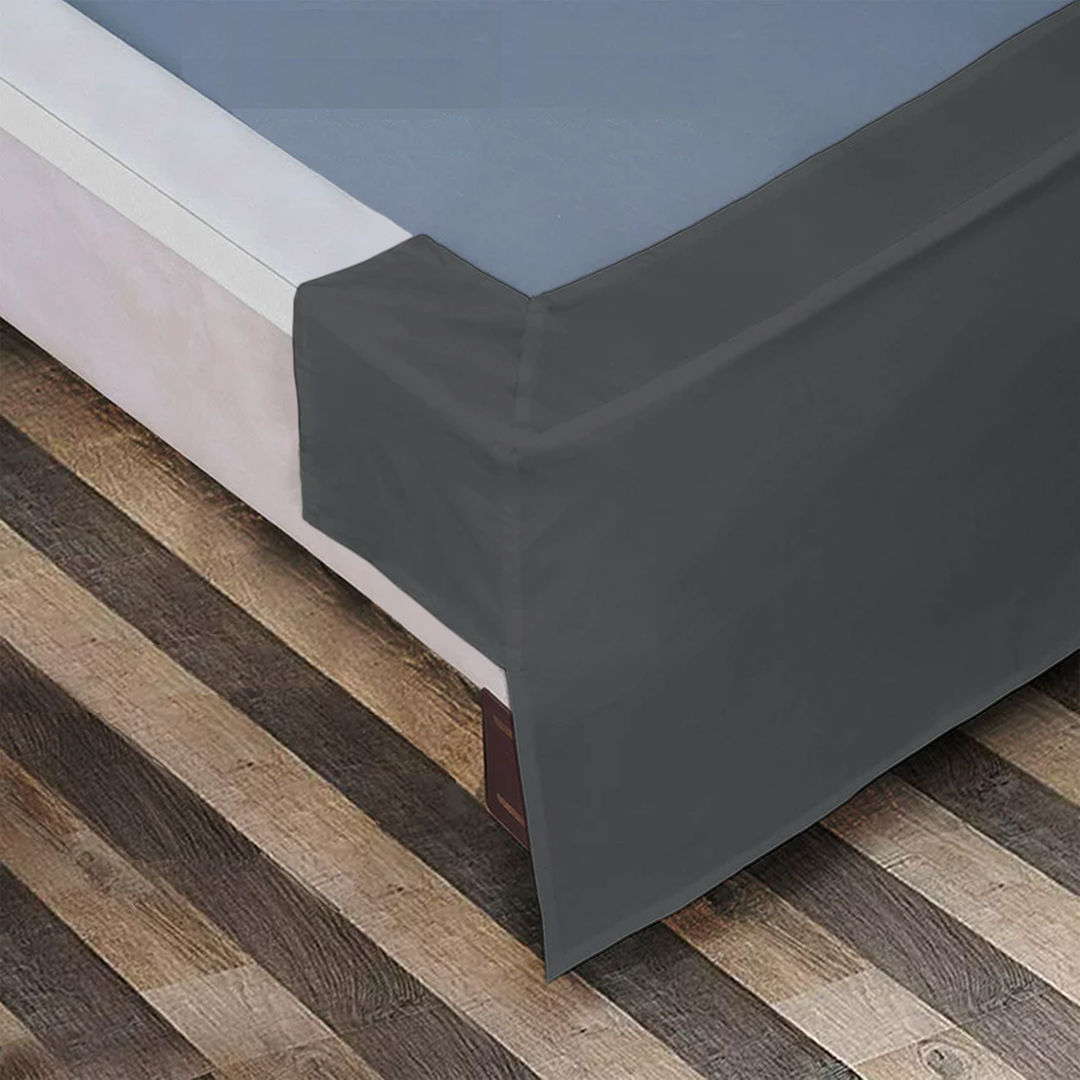





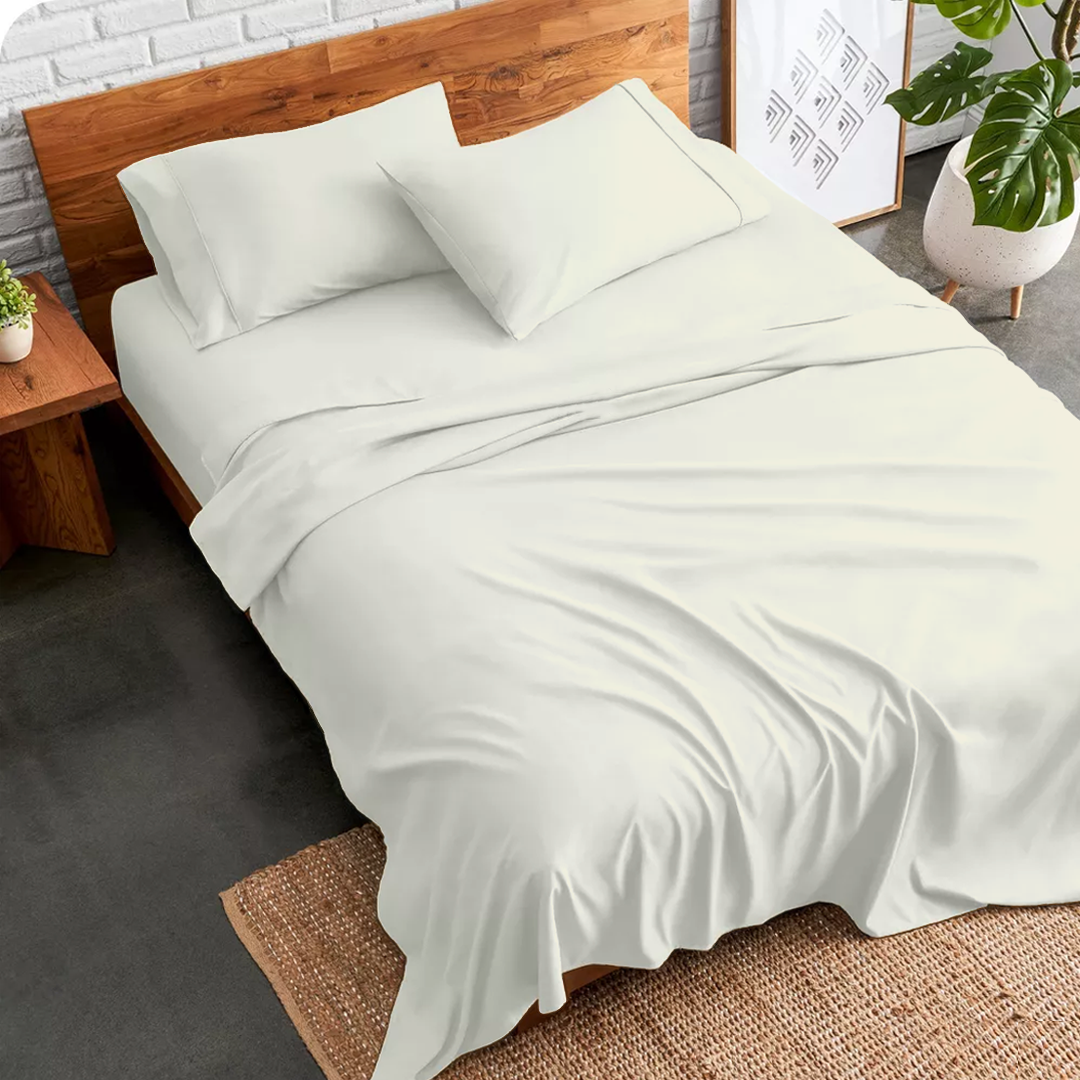

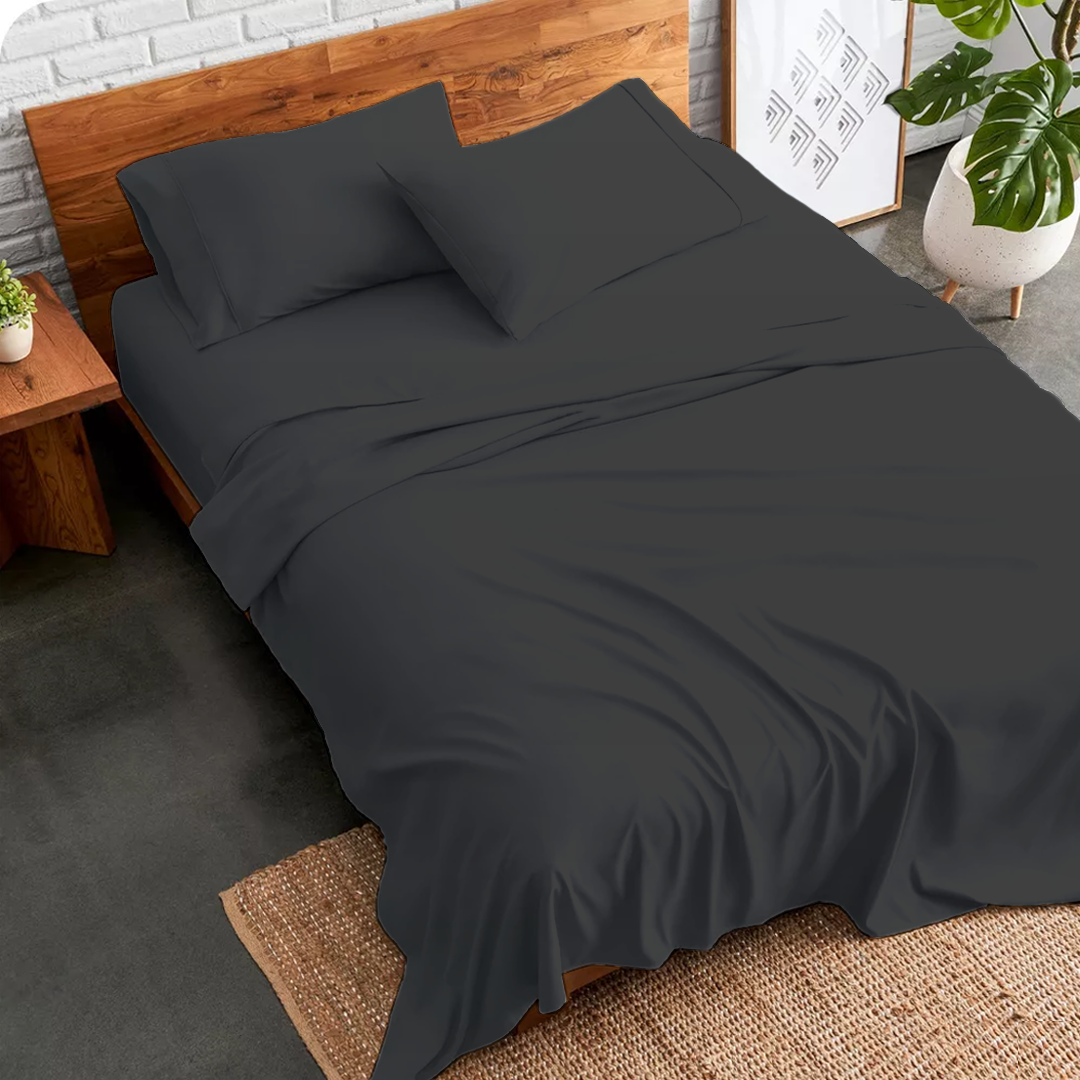

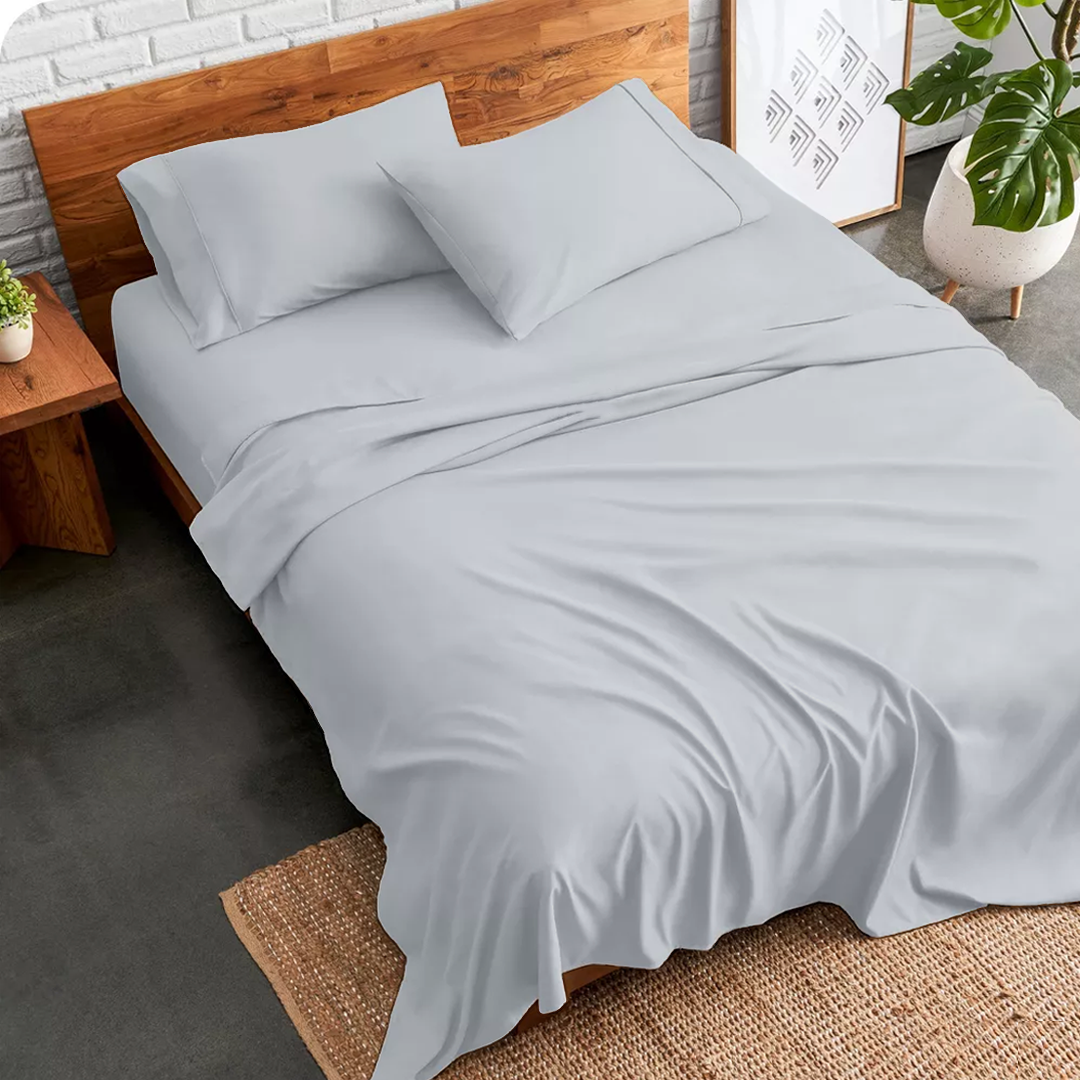

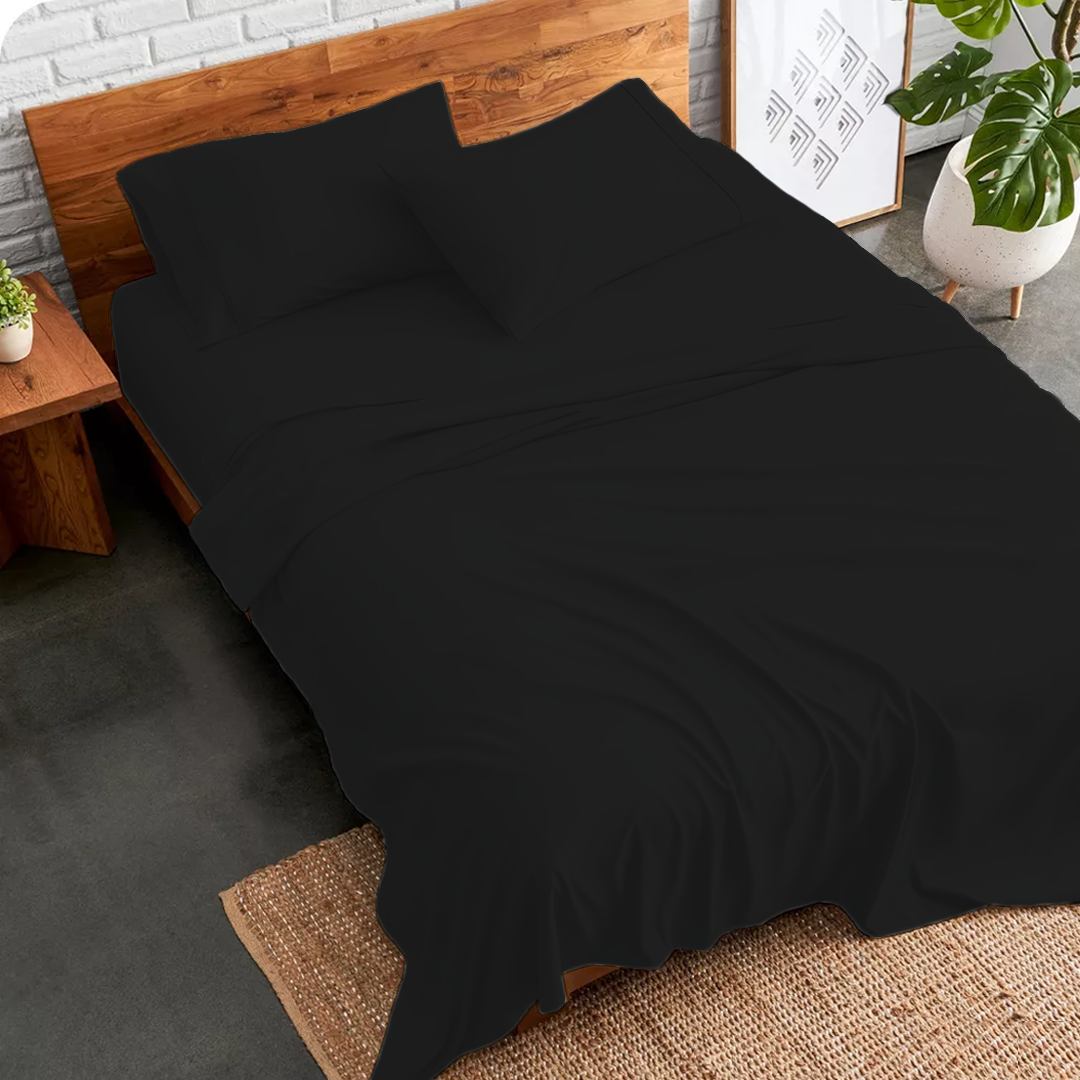

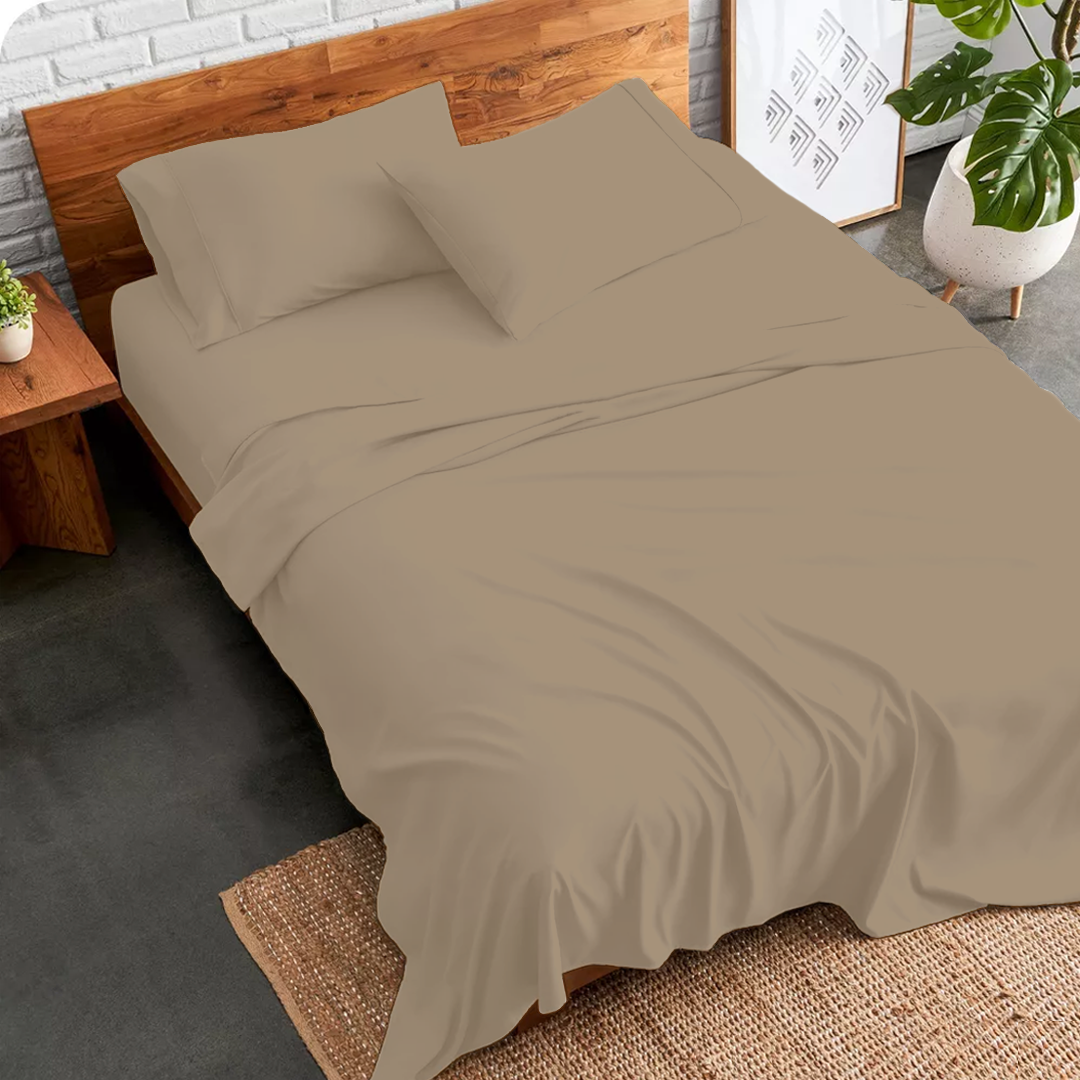

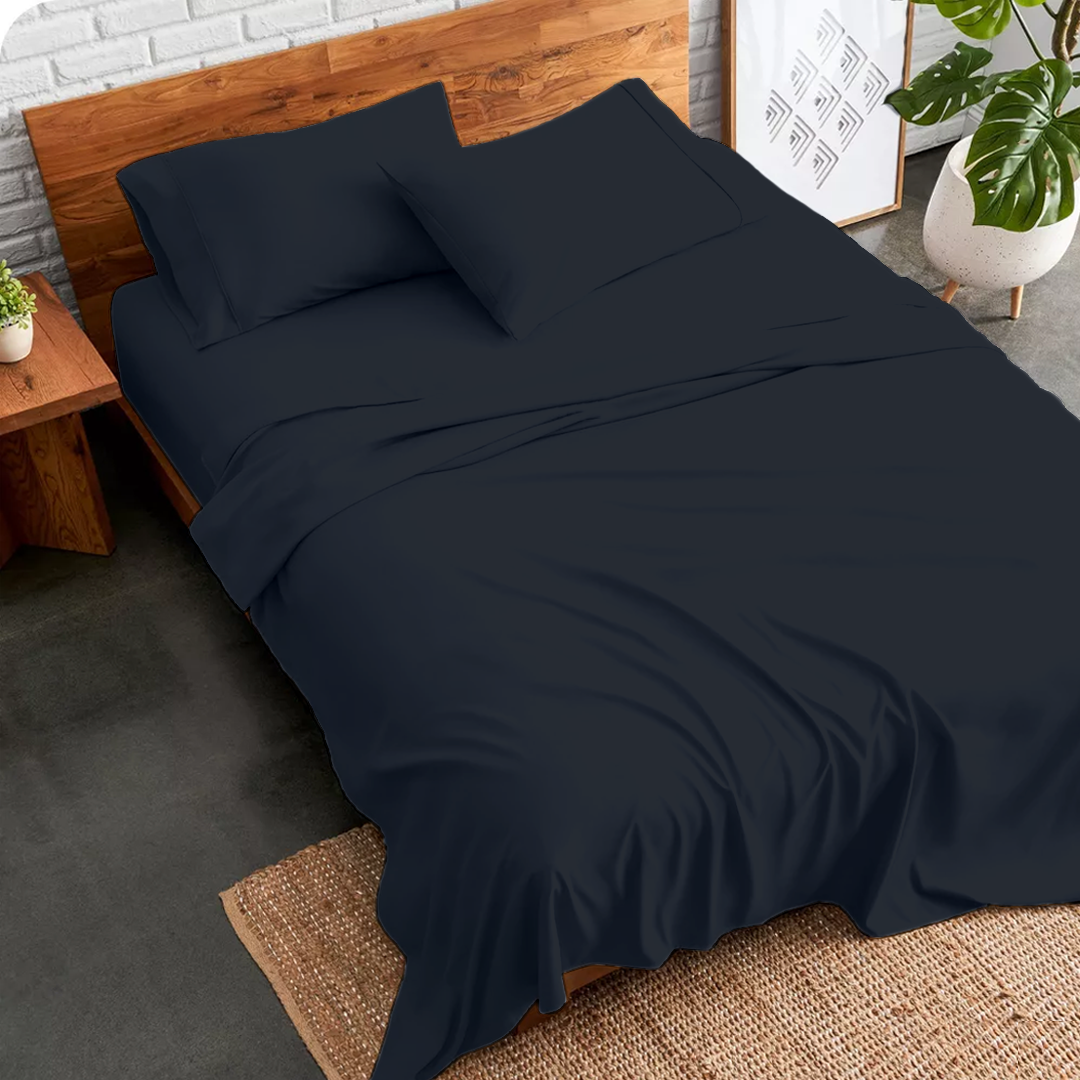
















1 comment
We generally love to buy cotton for beddings from all fabrics available. I think even if you are not an expert in this field then also you should have enough knowledge about bedding after all you will maintain it all the time. I love reading I always visit websites that provide information that is related to our daily life. It was nice to be here and get great knowledge about the property of cotton. I learned so much about cotton and polyester shrinkage. Thank You Aanya Linen for this precious knowledge. I will love to visit you again whenever I will time to be here.
M. Cook
Leave a comment
This site is protected by hCaptcha and the hCaptcha Privacy Policy and Terms of Service apply.